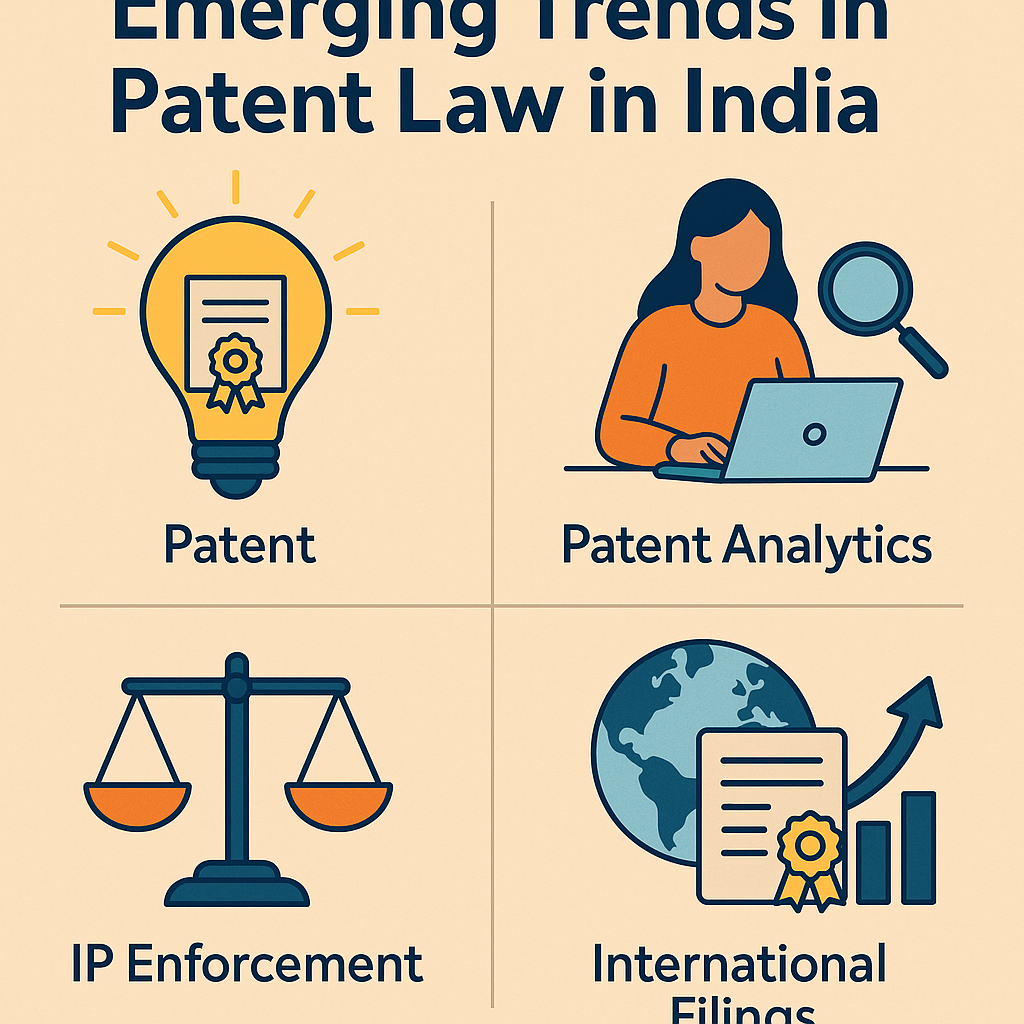Introduction:
Taxation is a fundamental pillar of any economy, yet traditional tax systems face challenges like inefficiency, fraud, and complexity. With the rise of Artificial Intelligence (AI) and Blockchain, tax administration is undergoing a significant transformation.
These technologies are revolutionising tax compliance , enforcement, and transparency, making tax systems smarter, faster, and more reliable.
Governments and businesses must now adapt to these advancements to stay ahead of the curve.
In this article, we explore how AI and Blockchain are reshaping the future of taxation.
How AI is Changing Tax Compliance
AI is reshaping taxation by automating compliance, minimising human errors, and detecting fraud. Here are some of its key contributions:
1. Automated Tax Compliance
AI,driven tax software can analyze financial data, apply relevant tax laws, and generate tax returns with accuracy. This reduces manual work and ensures timely compliance with tax regulations.
2. Fraud Detection & Risk Assessment
AI powered tools can scan vast amounts of tax data, identify irregularities , and flag potential fraud cases. Governments worldwide are adopting AI for smarter tax audits and fraud prevention.
3. Real-Time Tax Monitoring
With AI-integrated accounting software, businesses can monitor their tax obligations in real- time, avoiding last-minute errors and penalties.
4. Personalized Tax Solutions
AI-driven assistants offer individuals and businesses customized tax-saving strategies, helping them optimize deductions and credits legally.
How Blockchain Enhances Tax Transparency
Blockchain technology is bringing transparency, security, and efficiency to taxation. Its decentralised and immutable nature is solving key challenges in tax administration.
1. Immutable Tax Records
Blockchain stores tax data in a tamper-proof digital ledger, ensuring that once recorded, tax information cannot be altered or manipulated.
2. Smart Contracts for Tax Collection
Blockchain based smart contracts automate tax. Payments, ensuring accurate and instant transactions. This is particularly useful for GST and VAT systems.
3. Simplified Cross-Border Taxation
Blockchain facilitates seamless international tax compliance by securely recording global transactions, preventing double taxation issues.
4. Increased Public Trust
By allowing taxpayers to track how their taxes are utilized, Blockchain fosters greater trust in tax authorities and government spending.
Challenges & Legal Considerations
While AI and Blockchain offer immense potential, several legal and regulatory challenges must be addressed:
• Regulatory Adaptation:
Tax laws must evolve to integrateAI and Blockchain effectively.
• Data Privacy & Security:
Protecting taxpayer data while using these technologies is a priority.
• Implementation Costs:
Governments and businesses must balance technological investments with long-term benefits.
Conclusion
AI and Blockchain are not just futuristic concepts; they are actively shaping modern tax systems. Governments that embrace these technologies will benefit from improved efficiency, reduced fraud, and increased compliance. As taxation enters the digital era, businesses and individuals must stay informed and prepared for this transformation. The future of taxation is digital, transparent, and intelligent.
By.
Harasees Kaur ,
4th Year B.A LL.B
Lovely Professional University.




